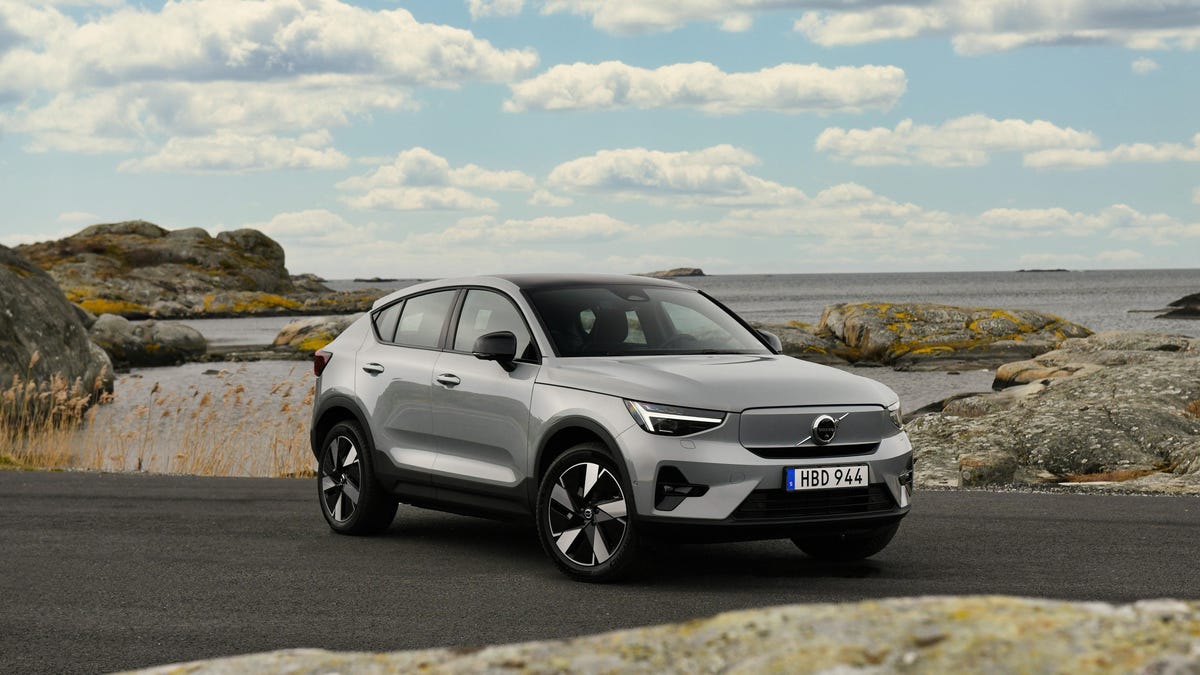Underwater car loans are a brewing financial crisis. Data from multiple sources show that there are millions of people who owe more on their loan than their vehicle is worth. Even a small set back can turn a bad situation critical, as The Wall Street Journal reports.
Data from automotive buying guidance website CarEdge says that a third of vehicle owners are underwater on their car loans. With the over 100 million car loans in the U.S. that number amount to 31 million auto loans underwater.
Sam Ponce de Leon is one of those borrowers. He purchased a Volvo C40 Recharge EV but wanted to get rid of it after only a few months of ownership due to technical problems; the infotainment screen and backup camera would randomly cut out and the car would make a loud screeching noise when reversing. De Leon wanted to trade it in.
Ponce de Leon, who lives in Las Vegas, brought the car into a local dealership earlier this month, hoping to trade it in.
The dealership told him the Volvo was worth roughly $24,000, just under half of the roughly $50,000 he still owed on his loan from USAA. A week later, he and his partner visited another dealership where employees told them the car’s value had dropped to $20,000.
How’d de Leon get so far underwater on his loan so fast? Horrible EV resale value is to blame. A brand new Volvo C40 Recharge starts just under $54,000. Used, they can easily be found under $35,000; under $30,000 of you look at ones with higher (over 30,000) miles. De Leon says he and his partner want another EV, but they’re going to have to wait till they pay down some of the negative equity on the loan. “We just didn’t expect it to be this high,” he told The Wall Street Journal.
The Journal also spoke to John Wojtowicz, who purchased a 2012 Mazda in late 2020 for $11,000. Due to poor credit, his loan terms were shocking: he put $1,800 down and agreed to a 68-month term at 27.9 percent. The interest is so high, he told WSJ he’s paid out about $14,000 on the loan with $300 a month payments. On September 27, Hurricane Helene came along and made things even worse.
On Sept. 27, the day Hurricane Helene hit, John Wojtowicz heard a loud cracking noise outside his apartment in South Carolina. A white oak tree uprooted by the storm had crushed the top of his black 2012 Mazda.
Wojtowicz insurance paid him out $4,800 for the Mazda but his loan balance was $6,800. Now, unable to get to work because his car was destroyed in the storm, Wojtowicz had to make a GoFundMe to ask for help. He says the situation has started to get “scary.”
While car buyers have no control over the resale value of their vehicles, they can do something to make sure they don’t get into shaky financial situations like this: read your loan terms and know what you’re getting into, even if you have no other choice, it’s better to know how you’re going to get screwed than get taken by surprise by something out of your control.


